Description
C++ How to Program, 5/E takes a new early classes and objects approach to teaching programming. These topics in the past editions of C++ How to Program, were introduced in Chapters 6-7 and 9-10. Now, they are introduced in Chapter 3 and are integrated throughout the book in both the examples and exercises from that point forward. This book and its support materials have everything instructors and students need for an informative, interesting, challenging and entertaining C++ educational experience. To create C++ How to Program, 5/e, we put the previous edition of C++ How to Program under the microscope. The new edition has many compelling features:
– Major content revisions.
– Smaller chapters.
– Early classes and objects approach.
– Integrated case studies: GradeBook, Time class, Employee class and more.
– Unified Modeling Language™ 2.0 (UML 2.0) and an optional OOD/UML ATM case study developed over Chapters 1-7, 9 and 13.
– Discussion and illustrations of the compilation and linking process for multiple-source-file programs.
– Function-call stack explanation.
– Early introduction of C++ Standard Library string and vector objects.
– Discussion and illustration of how polymorphism works “under the hood.”
– Web programming, CGI and XHMTL.
– Standard Template Library (STL).
– ANSI/ISO C++ Standard compliance.
– New debugger appendices (Visual Studio .NET and GNU C++).
– New interior design.
– Syntax coloring consistent with most C++ integrated development environments and code editors.
– Code testing on multiple platforms.
– Errors and warnings shown for multiple platforms.
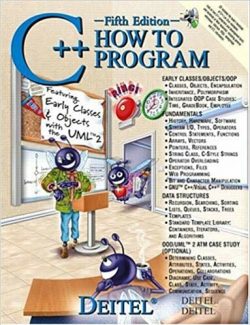
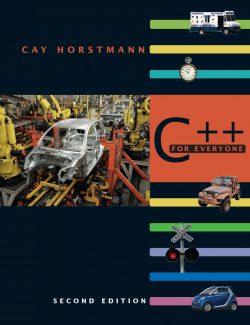
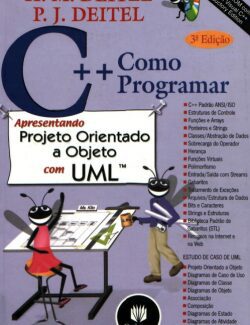
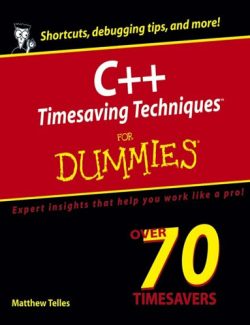
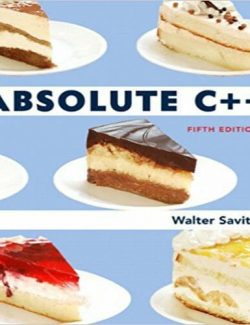
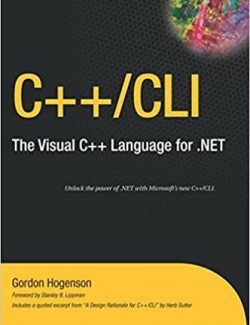
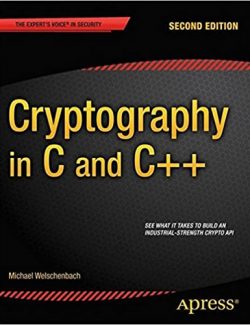
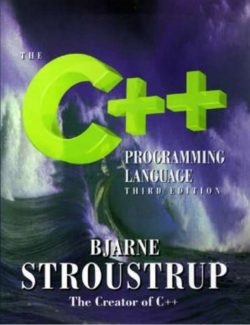
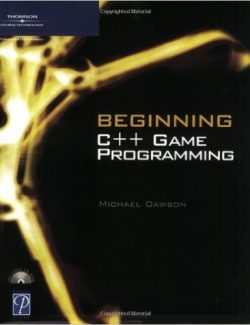
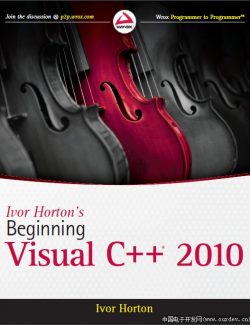
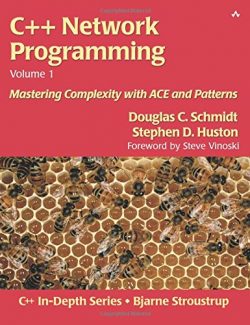
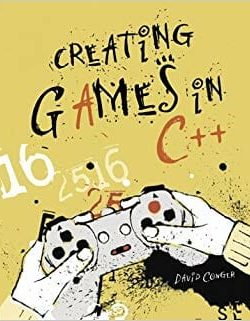
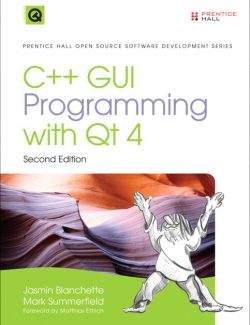
Leave us a comment
No Comments